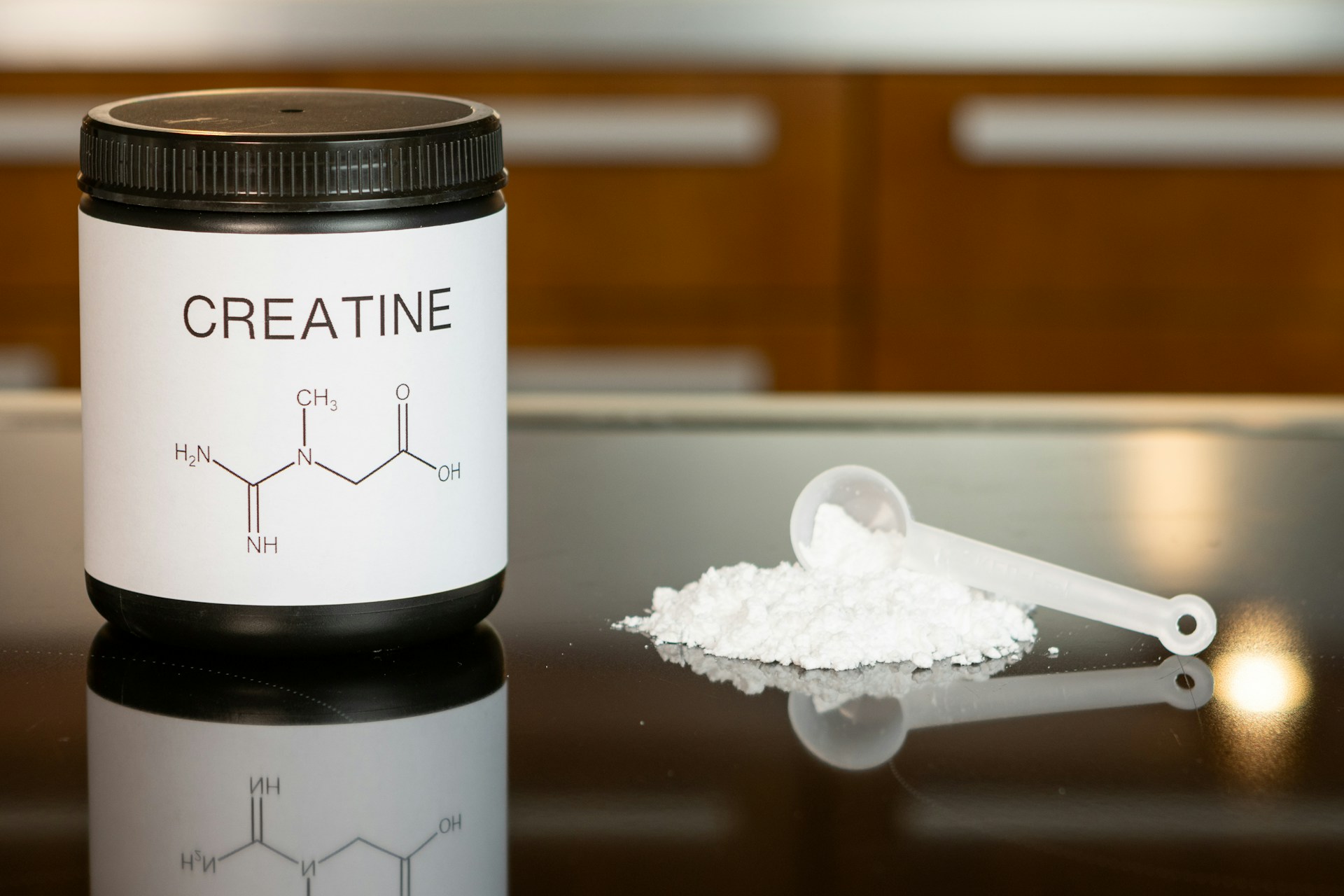Inflammation is a natural response of the body to injury or infection. However, when it becomes chronic, it can lead to various health issues like heart disease, diabetes, and even certain cancers. The good news? There are effective strategies you can employ to combat inflammation and promote better health. From innovative therapies to lifestyle changes, you have the power to make a difference in how your body feels and functions. Let’s explore some actionable steps that can help you reduce inflammation effectively and enhance your overall well-being.
Consider Hyperbaric Oxygen Therapy
Research shows that to restore hyperbaric oxygen means to accelerate recovery from various injuries and conditions linked to chronic inflammation. Hyperbaric Oxygen Therapy (HBOT) is gaining traction as a powerful method for reducing inflammation in the body. This therapy involves breathing pure oxygen in a pressurized room or chamber. The increased pressure allows your lungs to absorb more oxygen, which can promote healing. It enhances blood flow, reduces swelling, and stimulates the release of growth factors essential for tissue repair. Many athletes have turned to this treatment for quicker recovery times post-injury. However, it’s not just for sports enthusiasts; anyone struggling with persistent inflammation might find relief through regular sessions.
Adopt an Anti-Inflammatory Diet

Eating to reduce inflammation can be both tasty and beneficial. An anti-inflammatory diet focuses on whole, nutrient-dense foods that nourish your body. Start by incorporating plenty of fruits and vegetables. Berries, leafy greens, and cruciferous veggies are rich in antioxidants that combat oxidative stress. Healthy fats play a crucial role too. Sources like avocados, nuts, seeds, and olive oil provide omega-3 fatty acids known for their anti-inflammatory properties. Don’t forget about whole grains.
Engage in Regular Physical Activity
Regular physical activity is a powerful tool in the fight against inflammation. Movement helps to increase circulation, allowing essential nutrients and oxygen to reach tissues more efficiently. This process can lead to reduced swelling and improved recovery. Exercise also boosts the production of anti-inflammatory cytokines. These proteins play a critical role in regulating immune responses and can help combat chronic inflammation over time. Moreover, engaging in activities you enjoy makes it easier to stay consistent. Whether it’s jogging, dancing, or yoga, find what resonates with you.
Consider Anti-Inflammatory Supplements

When it comes to managing inflammation, anti-inflammatory supplements can be a game changer. These natural options may help support your body’s healing processes. Turmeric is one of the most popular choices. Its active component, curcumin, boasts powerful anti-inflammatory properties. Many people find that incorporating turmeric into their diet or taking it as a supplement makes a noticeable difference. Another contender is omega-3 fatty acids found in fish oil. These healthy fats are known for their ability to reduce inflammatory markers in the body.
When it comes to reducing inflammation in the body, a multi-faceted approach is often best. Hyperbaric oxygen therapy can offer unique benefits by increasing oxygen levels and potentially accelerating healing. An anti-inflammatory diet rich in fruits, vegetables, whole grains, and healthy fats provides essential nutrients that help combat inflammation naturally. Implementing these strategies can lead to significant improvements in your well-being. Understanding how different methods work together empowers you to take control of your health journey effectively. Taking small steps toward an anti-inflammatory lifestyle can yield remarkable results over time. Embrace these changes for a healthier future.





 Protein is the building block of muscles, and it’s no surprise that fitness buffs are obsessed with it. You’ve probably heard that protein is essential for muscle growth, but there’s more to it than just post-workout shakes. Protein helps in the repair and recovery process after you’ve worked your muscles to their limits. It’s like your muscles’ personal handyman—fixing them up so they can get bigger and stronger. Fans of protein powders often search for the best ones that fit their diet and workout goals. Whether you prefer whey, casein, or plant-based options, there’s a protein for everyone. The big question? How much do you need? A general rule of thumb is about 1 gram of protein per pound of body weight if you’re hitting the gym hard.
Protein is the building block of muscles, and it’s no surprise that fitness buffs are obsessed with it. You’ve probably heard that protein is essential for muscle growth, but there’s more to it than just post-workout shakes. Protein helps in the repair and recovery process after you’ve worked your muscles to their limits. It’s like your muscles’ personal handyman—fixing them up so they can get bigger and stronger. Fans of protein powders often search for the best ones that fit their diet and workout goals. Whether you prefer whey, casein, or plant-based options, there’s a protein for everyone. The big question? How much do you need? A general rule of thumb is about 1 gram of protein per pound of body weight if you’re hitting the gym hard. One of the top searches for fitness enthusiasts is when to take protein and creatine for the best results. Let’s break it down. Protein timing matters—many recommend consuming a serving of protein within 30 minutes to an hour after your workout to fuel recovery. This is when your muscles are the most receptive to protein, helping them rebuild and grow stronger. As for creatine, timing isn’t as critical. Whether you take it before or after your workout, or even on off days, it’s still going to give you the same benefits. Some prefer to take it post-workout to maximize muscle recovery, while others simply take it daily to maintain consistent levels in their system.
One of the top searches for fitness enthusiasts is when to take protein and creatine for the best results. Let’s break it down. Protein timing matters—many recommend consuming a serving of protein within 30 minutes to an hour after your workout to fuel recovery. This is when your muscles are the most receptive to protein, helping them rebuild and grow stronger. As for creatine, timing isn’t as critical. Whether you take it before or after your workout, or even on off days, it’s still going to give you the same benefits. Some prefer to take it post-workout to maximize muscle recovery, while others simply take it daily to maintain consistent levels in their system.
 Once acknowledgment and acceptance have taken place, seeking professional support becomes paramount. Drug addiction is a complex condition that often requires the expertise of medical professionals, therapists, and addiction specialists. Professionals from
Once acknowledgment and acceptance have taken place, seeking professional support becomes paramount. Drug addiction is a complex condition that often requires the expertise of medical professionals, therapists, and addiction specialists. Professionals from 
 The journey of recovery extends beyond initial treatment. Long-term maintenance is crucial to prevent relapse and sustain a drug-free life. This stage involves ongoing therapy, regular check-ins with medical professionals, and actively participating in support groups. Additionally, making lifestyle changes and avoiding situations or people associated with drug use reinforces the commitment to sobriety. Celebrating milestones, setting achievable goals, and acknowledging personal growth further strengthen one’s resolve to maintain a drug-free life.
The journey of recovery extends beyond initial treatment. Long-term maintenance is crucial to prevent relapse and sustain a drug-free life. This stage involves ongoing therapy, regular check-ins with medical professionals, and actively participating in support groups. Additionally, making lifestyle changes and avoiding situations or people associated with drug use reinforces the commitment to sobriety. Celebrating milestones, setting achievable goals, and acknowledging personal growth further strengthen one’s resolve to maintain a drug-free life.